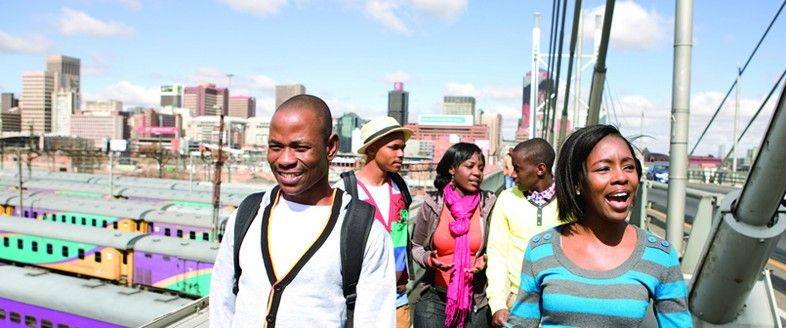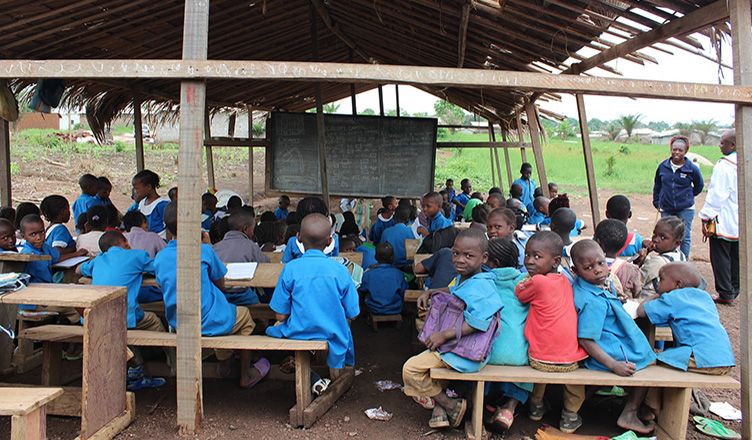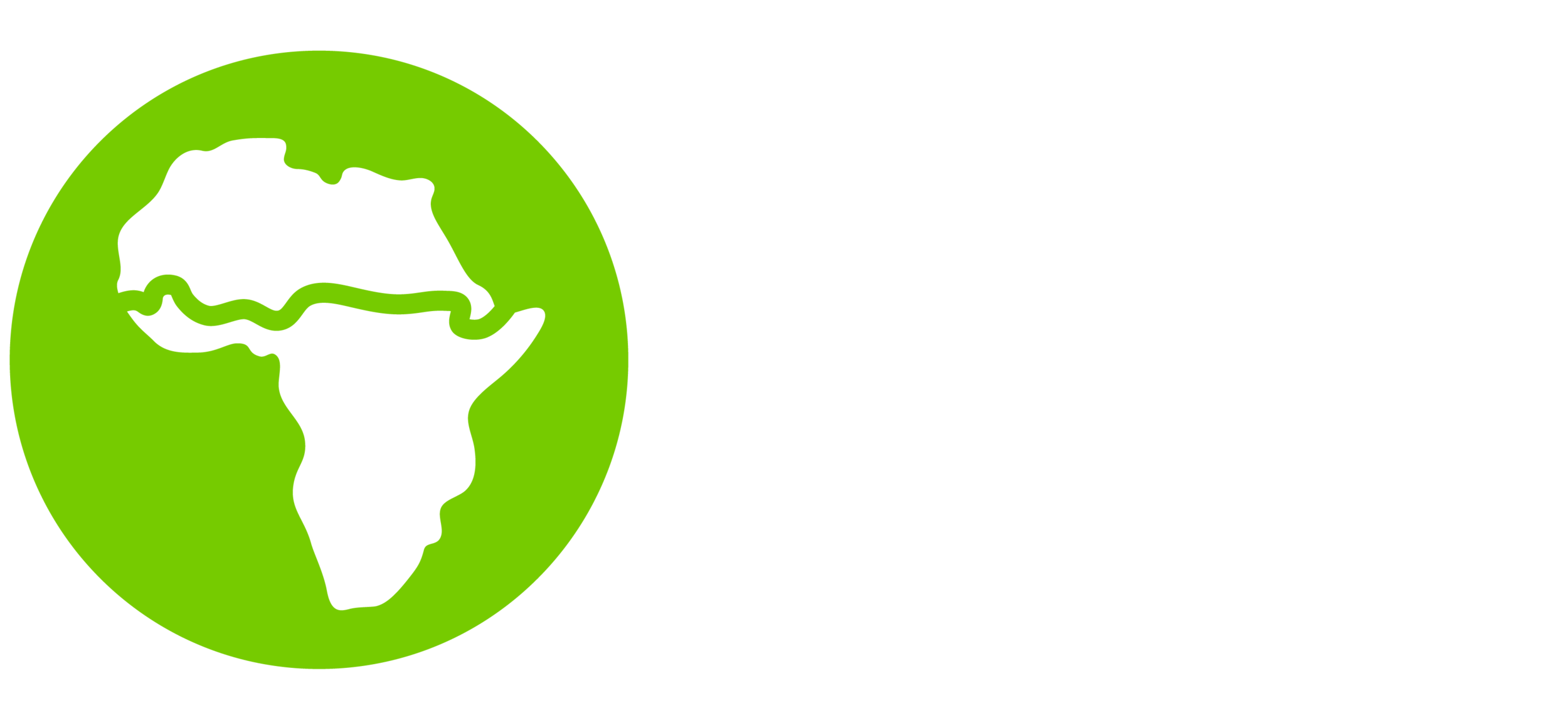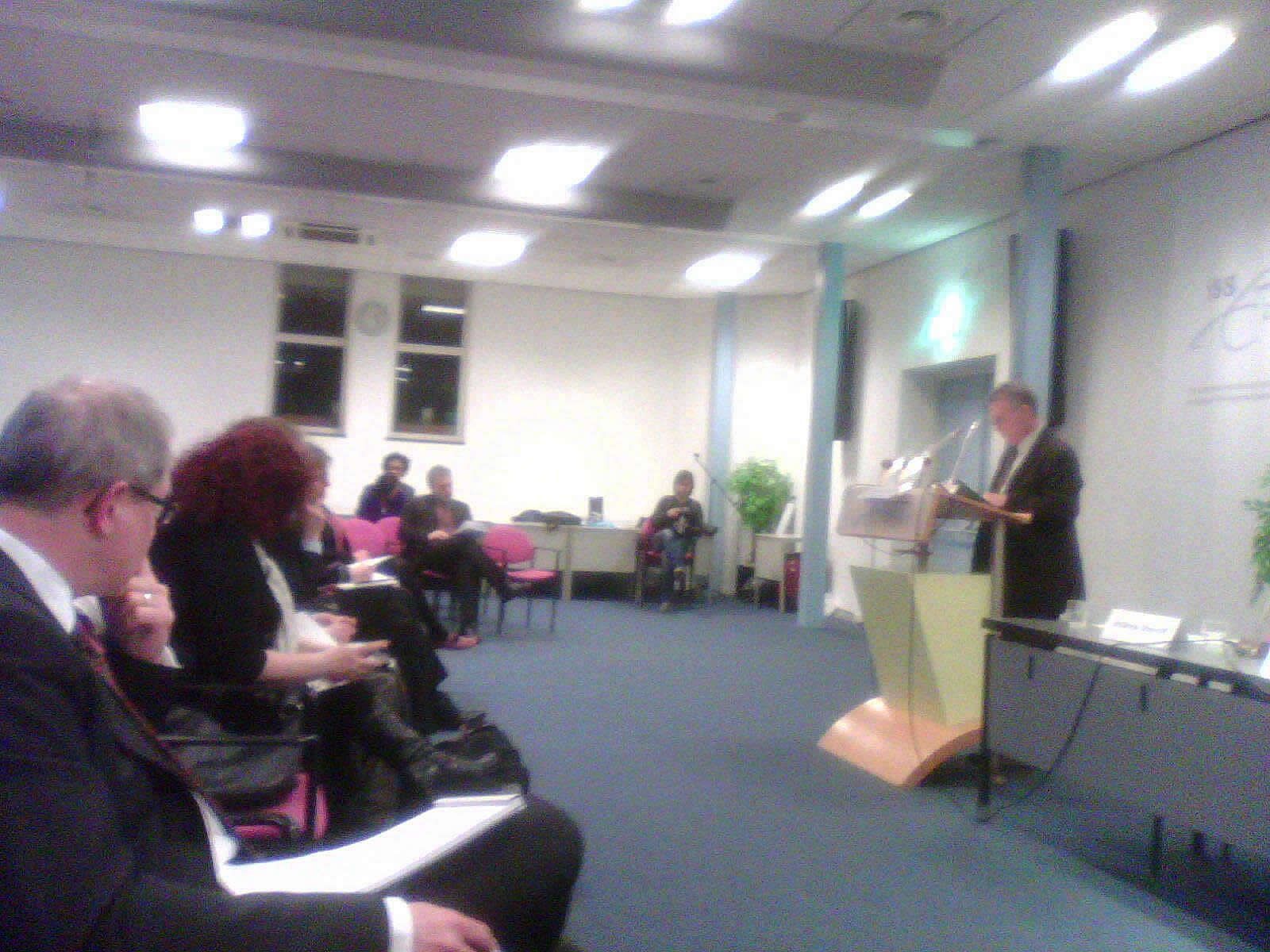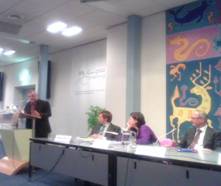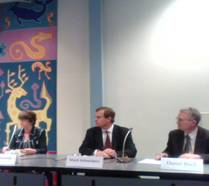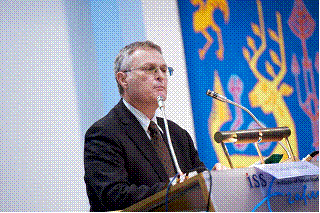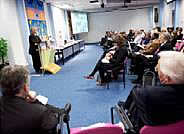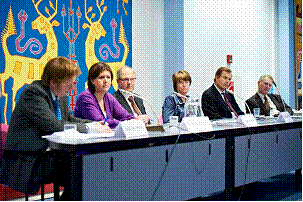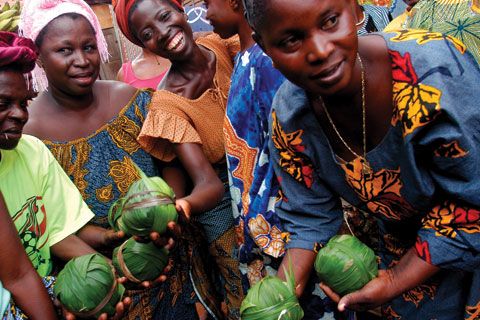 |
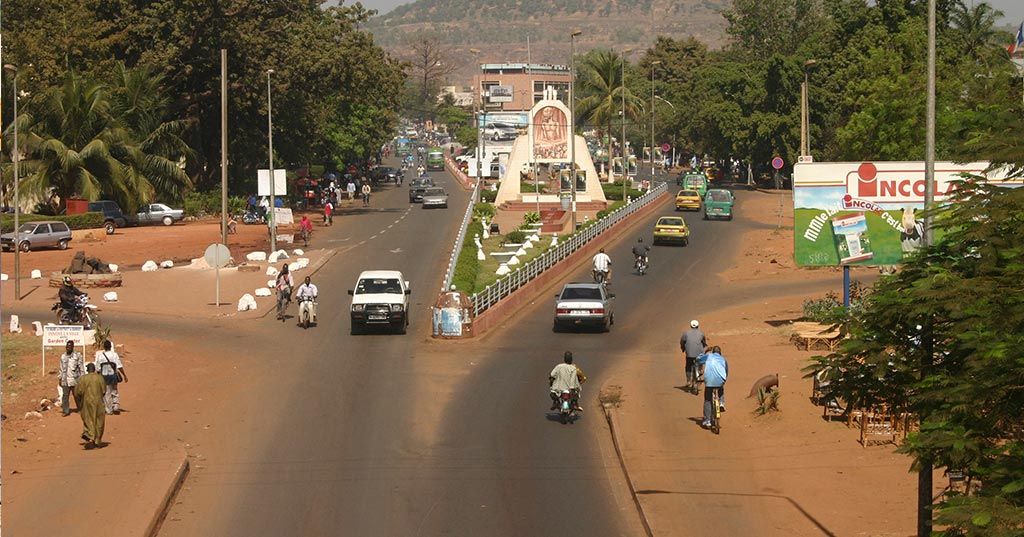 |
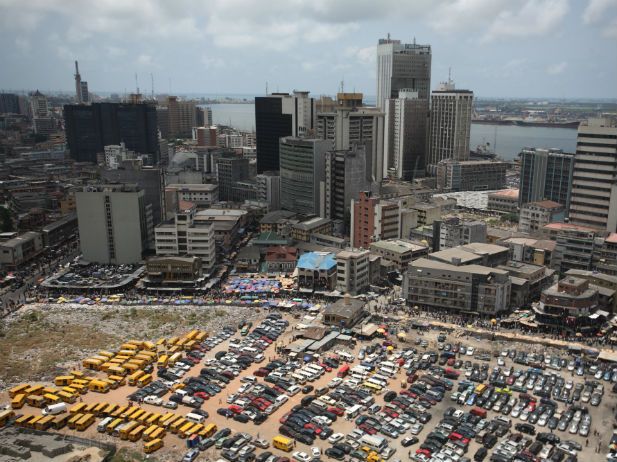 |
||||
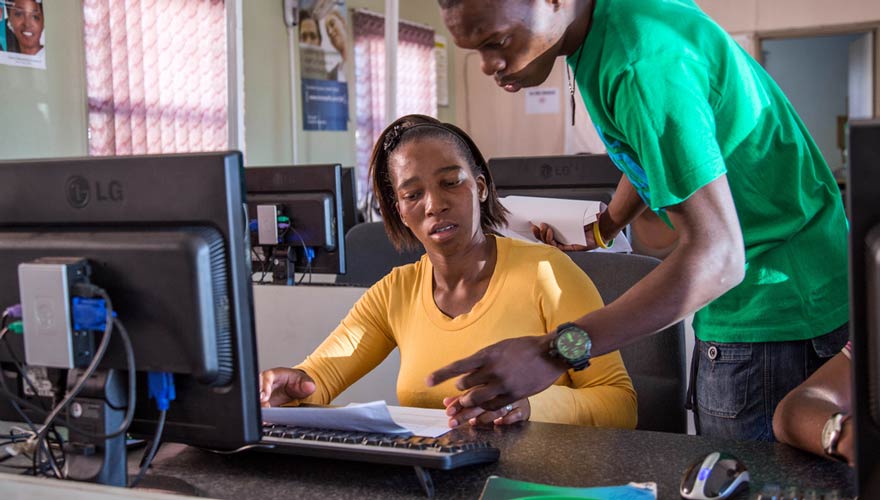 |
|
 |
 |
 |
Sea along the Sinai Peninsula to the northeast, the Indian Ocean to the southeast, and the Atlantic Ocean to the west. The continent includes Madagascar and various archipelagos. It contains 54 fully recognized sovereign states (countries), nine territories and two de facto independent states with limited or no recognition.
Africa's population is the youngest amongst all the continents, the median age in 2012 was 19.7, when the worldwide median age was 30.4. Algeria
is Africa's largest country by area, and Nigeria by population. Africa, particularly central Eastern Africa, is widely accepted as the place of
origin of humans and the great apes. The earliest Homo sapiens (modern human) was found in Ethiopia being dated to circa 200,000 years ago.
Africa hosts a large diversity of ethnicities, cultures and languages.
